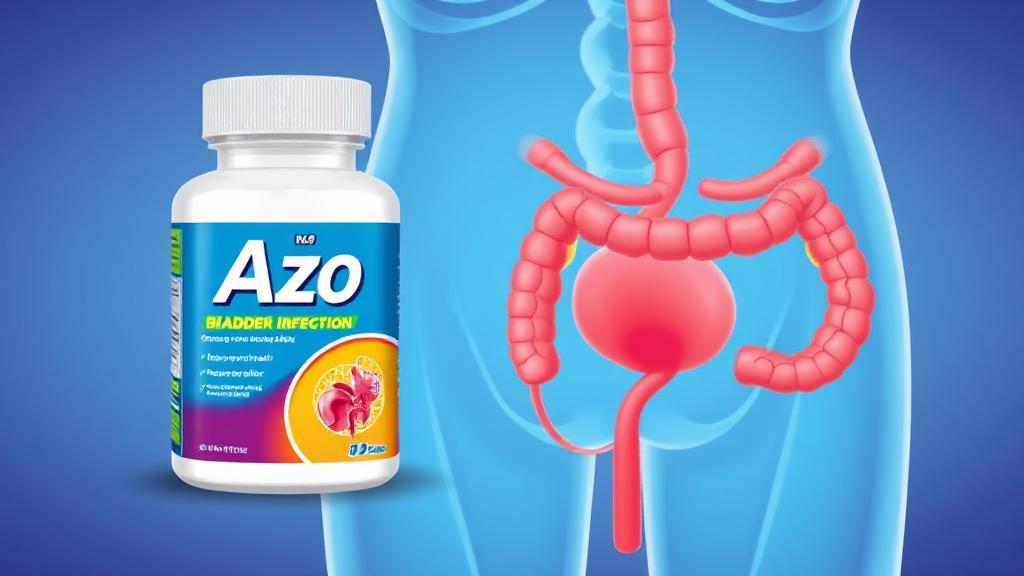Understanding Bladder Infections and Azo
Bladder infections, also known as urinary tract infections (UTIs), occur when bacteria enter the urinary tract and multiply, leading to symptoms such as frequent urination, burning sensation, cloudy urine, and pelvic pain. While these infections affect millions worldwide, understanding the role of treatments like Azo is crucial for proper management.
What is Azo?
Azo is a brand of over-the-counter medications containing phenazopyridine hydrochloride as the active ingredient. This urinary tract analgesic works by:
- Numbing the urinary tract
- Reducing inflammation
- Alleviating pain and burning sensations
- Decreasing the urge for frequent urination
How Does Azo Work?
Phenazopyridine exerts a topical analgesic effect on the mucosa of the urinary tract. It provides temporary relief while waiting for antibiotics to take effect, but does not address the underlying infection.
Can Azo Cure a Bladder Infection?
The short answer is no. While Azo provides valuable symptom relief, it cannot cure a bladder infection. Antibiotics are necessary for treating the bacterial infection itself.
The Role of Antibiotics
Common antibiotics prescribed for UTIs include:
- Trimethoprim/sulfamethoxazole (Bactrim, Septra)
- Nitrofurantoin (Macrobid, Macrodantin)
- Fosfomycin (Monurol)
- Ciprofloxacin (Cipro)
It's essential to complete the full course of antibiotics as prescribed, even if symptoms improve earlier.
Using Azo Safely
Proper Usage
- Take as directed on the package
- Don't exceed recommended dosage
- Use for no more than 2 days without medical supervision
Side Effects
Note: Azo will turn urine and sometimes tears a bright orange or red color. This is normal and temporary.
Other potential side effects include:
- Headache
- Stomach upset
- Dizziness
- Skin reactions (rare)
Prevention Strategies
Natural Supplements
While not replacements for antibiotics, some supplements may support urinary health:
| Supplement | Potential Benefit |
|---|---|
| Cranberry | May prevent bacteria adhesion |
| D-Mannose | Could help flush bacteria |
| Vitamin C | Supports immune function |
When to See a Doctor
Seek immediate medical attention if you experience:
- Fever over 101°F
- Severe back or side pain
- Nausea and vomiting
- Blood in urine
- Symptoms lasting more than 2-3 days
These symptoms may indicate that the infection has spread to the kidneys.
For more information about UTI treatment guidelines, visit the Mayo Clinic or WebMD. You can also learn more about Azo products at Azo's official website.
